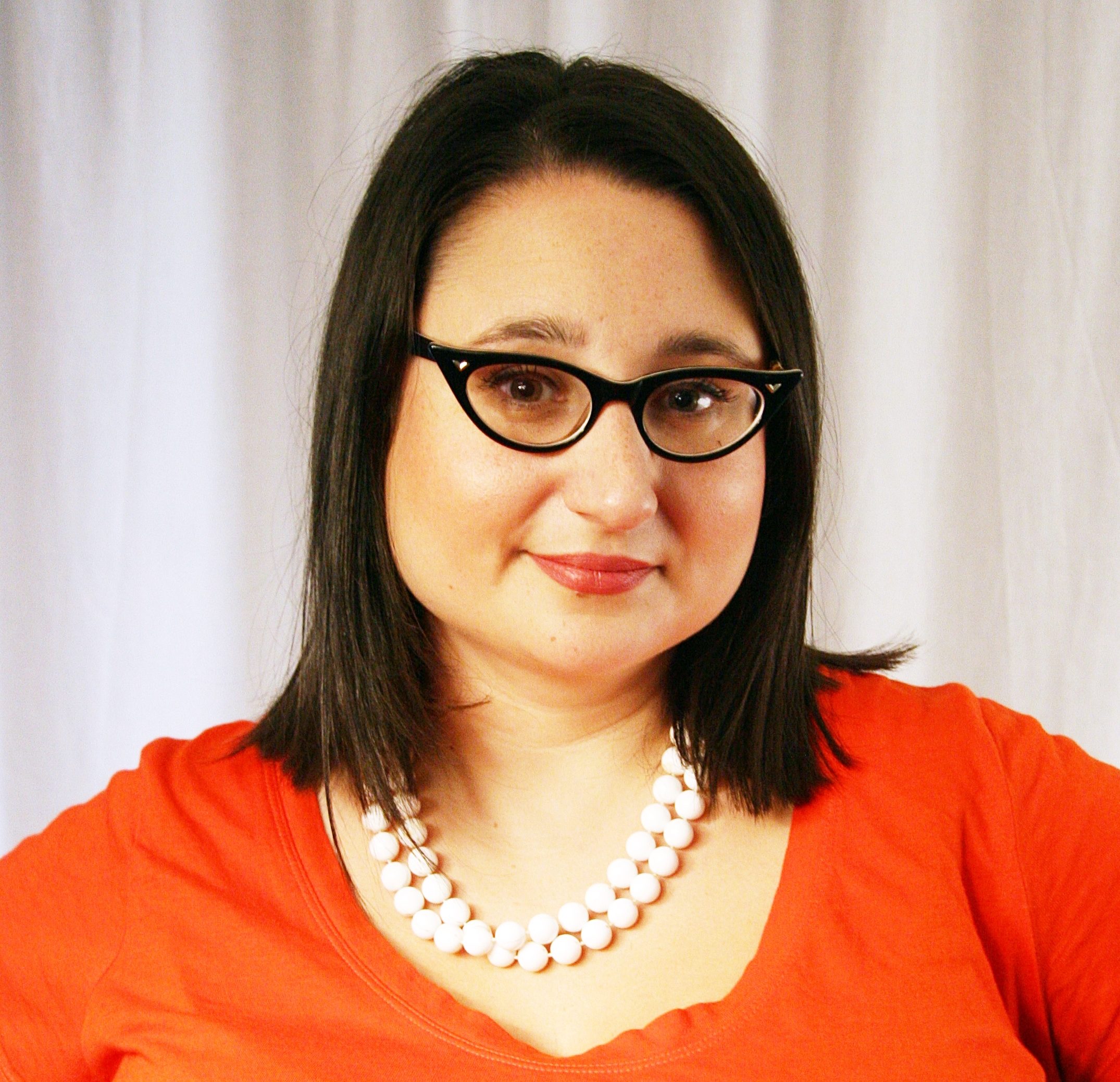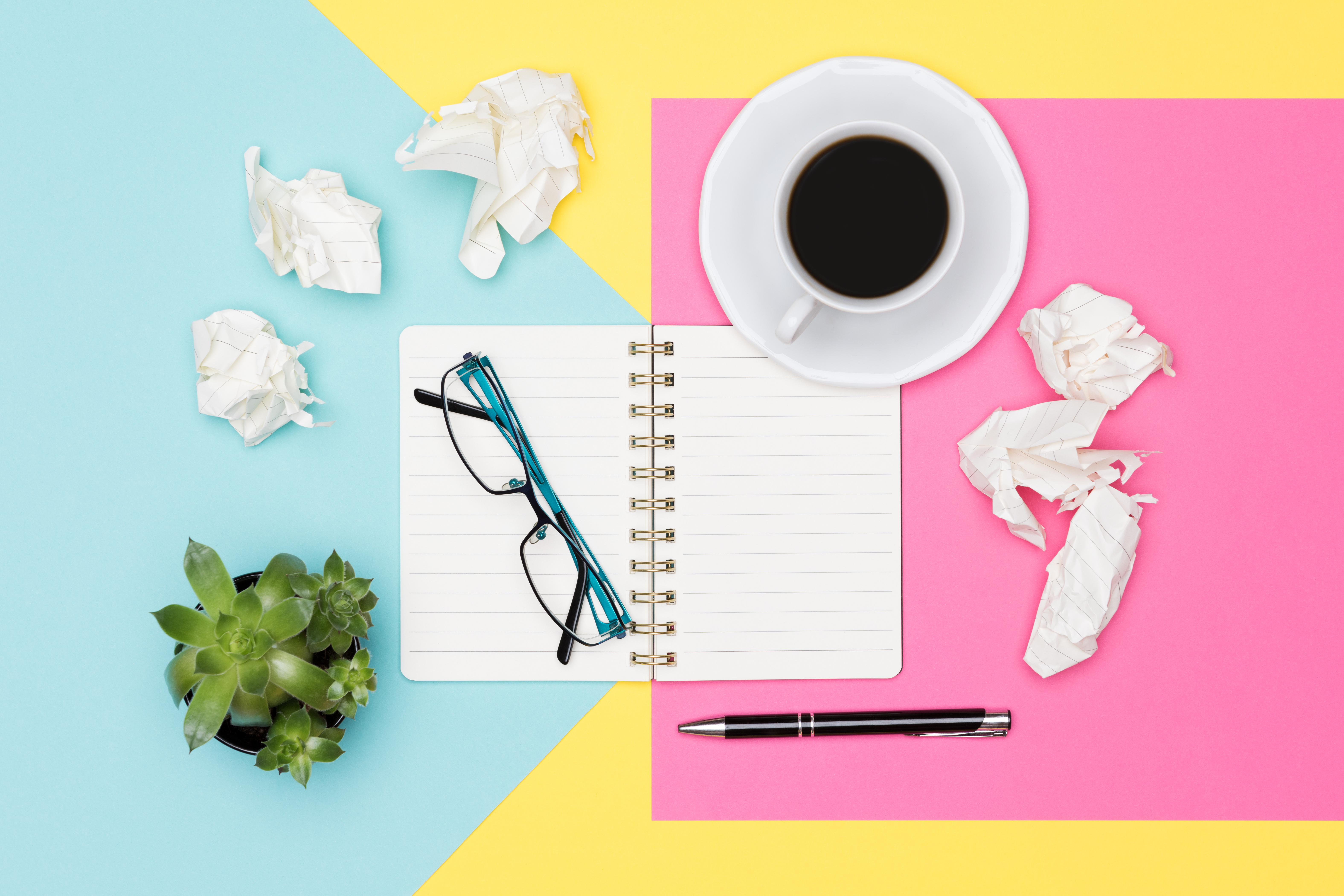When we think of burnout, many of us picture a person in a business suit with some sort of high-pressure corporate job, or a surgeon performing work with life-or-death stakes. But there are lots of other fields that also experience burnout.
We need to dispel the notion that people who create things for a living — whether it’s artwork, clothing lines, or advertising copy — have some sort of ultra-peaceful, stress-free existence. In reality, jobs in a creative field often involve more than just doing the work — there’s also ideating, selling that idea, and then, often, agreeing to business terms. It can be exhausting.
All of this is to say that creative burnout can — and does — happen. But it doesn’t have to be that way: As with other businesses, there are steps creative people can take to help prevent burnout. Here are three you may want to try:
Learn how to say no
When your job has a creative component — involving an activity that some people do as a hobby, like writing or creating art — people can forget that for you, it’s actual work, for which you’re accustomed to getting paid. Let’s say you’re a full-time graphic designer, and you play in a local adult soccer league. When your team needs a logo, your teammates assume that not only are you going to do it, but also that you’ll work for free. It’s fine to agree to do your creative specialty pro bono every once in a while (that is, if you want to), but it’s also crucial to learn how to say no to non-work-related projects, especially when taking on a high volume of them can add to your stress. If you continue to churn out work on your downtime instead of taking the time to recharge and decompress, it could lead to burnout.
But how do you say no to something you (at least in theory) enjoy? One way is by using the refusal strategy found in a 2012 study in the Journal of Consumer Research by Vanessa Patrick, Ph.D. and Henrik Hagtvedt, Ph.D. According to their findings, saying “I don’t” is more effective than saying “I can’t” when refusing to do something. The authors explain that by saying “I can’t,” you’re leaving something up for debate, or for someone to suggest an alternative scenario under which you could be able to do it. But by saying “I don’t,” you’re establishing a firm rule about your availability and willingness to do something. In the latter case, that would mean saying, “I don’t do graphic design work for free,” which lets the person know this is your personal principle and not up for negotiation.
Switch to a clerical task
Even those of us who work as creatives still have some administrative parts of our job. For instance, that could involve filling in a calendar, keeping track of invoices and budgets, or organizing your workspace. When you’re in a rut, and getting stressed about it, step back from your project and do something else for a while. Personally, soon as I really get into updating a spreadsheet — and I’ve taken the pressure off myself to create something new immediately — my mind will start to wander, and I’ll inevitably come up with at least a nugget of a new idea.
Though I wouldn’t call this full-blown daydreaming (because I am still doing a task), there is science behind why shifting your brain’s focus — through daydreaming or another distraction — helps us focus. According to a 2009 study in the Proceedings of the National Academy of Sciences, the areas of our brain involved in complex problem-solving are highly active during periods when our mind tends to wander. “When you daydream, you may not be achieving your immediate goal — say reading a book or paying attention in class — but your mind may be taking that time to address more important questions in your life, such as advancing your career or personal relationships,” Kalina Christoff, Ph.D., a professor of psychology at the University of British Columbia and co-author of the study said in a statement.
Get enough sleep
This should go without saying, but taking the time to take care of yourself is extremely important for creativity. There are different levels of self-care, so start at one of the most basic — making sure you’re getting enough sleep. If you’re sleep-deprived, for example, it can impair everything from your capacity to make good decisions, to your confidence, and, yes, your creativity. It’s unreasonable to think that you’d be able to generate new ideas, art, or writing if you don’t give your body the sleep it needs.
There is science to back this up. For example, a study published in Trends in Cognitive Sciences found that sleep boosts our creativity when our REM and non-REM cycles play off of each other, facilitating creative problem-solving in complementary ways. More specifically, the authors propose that our non-REM sleep helps us categorize information, while our REM sleep assists us in seeing past those categories to find connections that may not be obvious at first. In other words, sleeping doesn’t just help prevent creative burnout, it makes us more productive and efficient thinkers on any task.
Follow us here and subscribe here for all the latest news on how you can keep Thriving.
Stay up to date or catch-up on all our podcasts with Arianna Huffington here.


